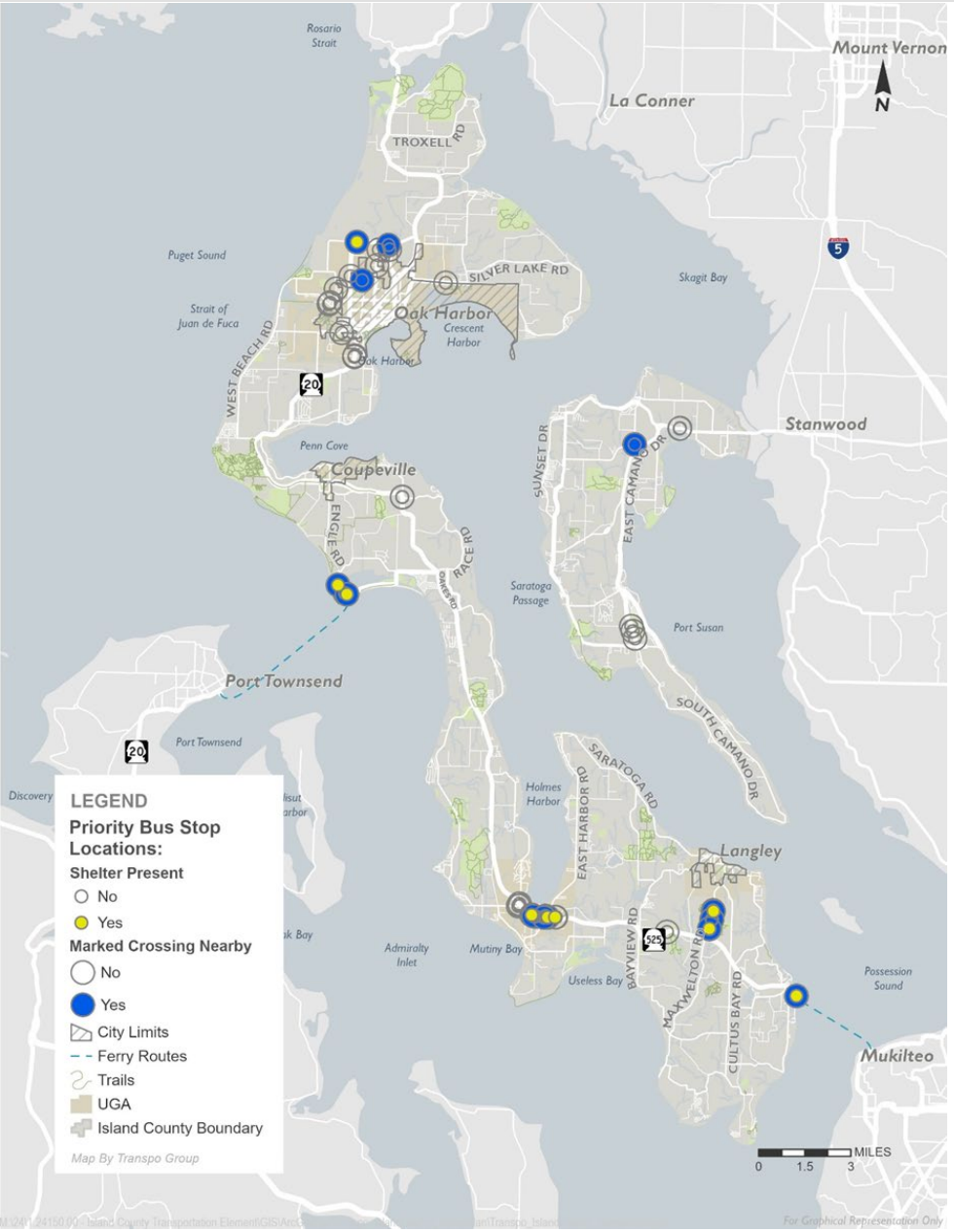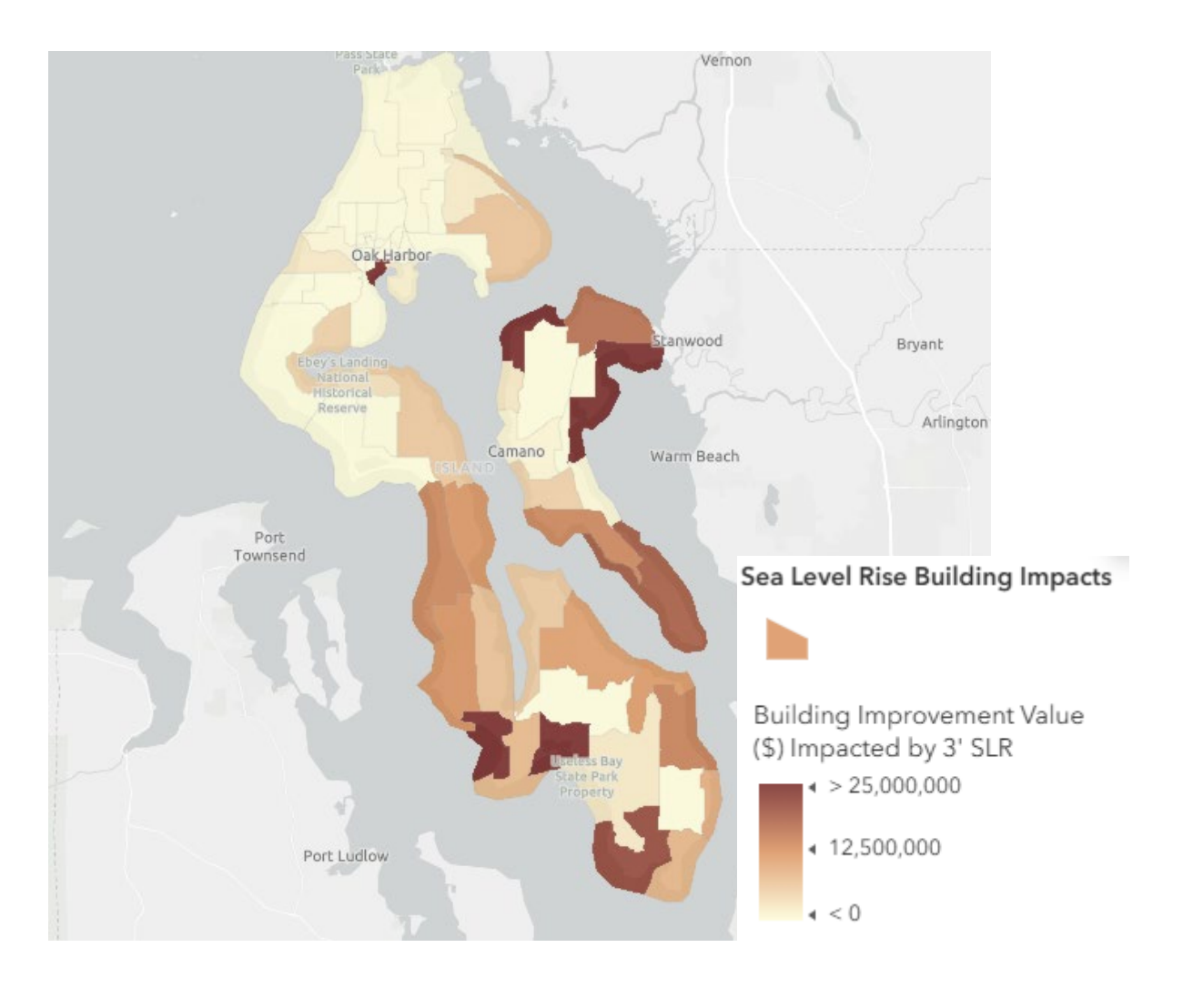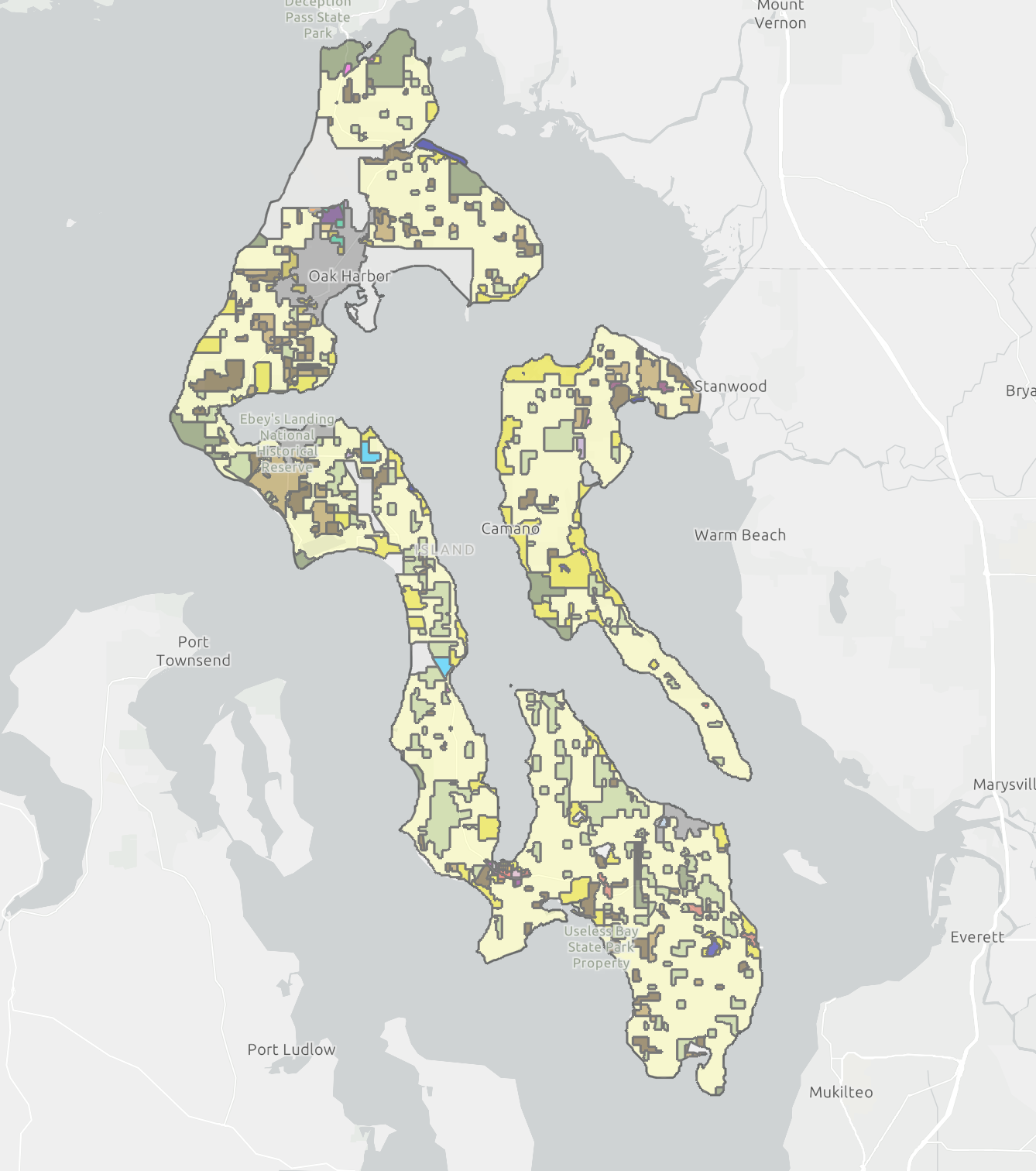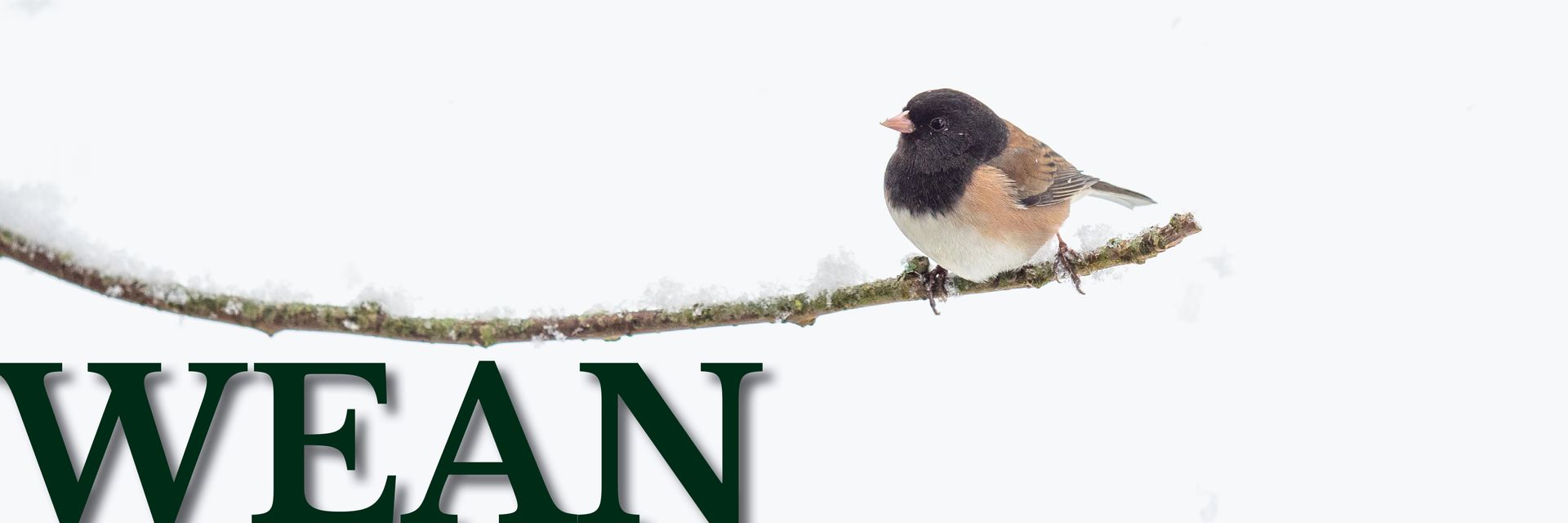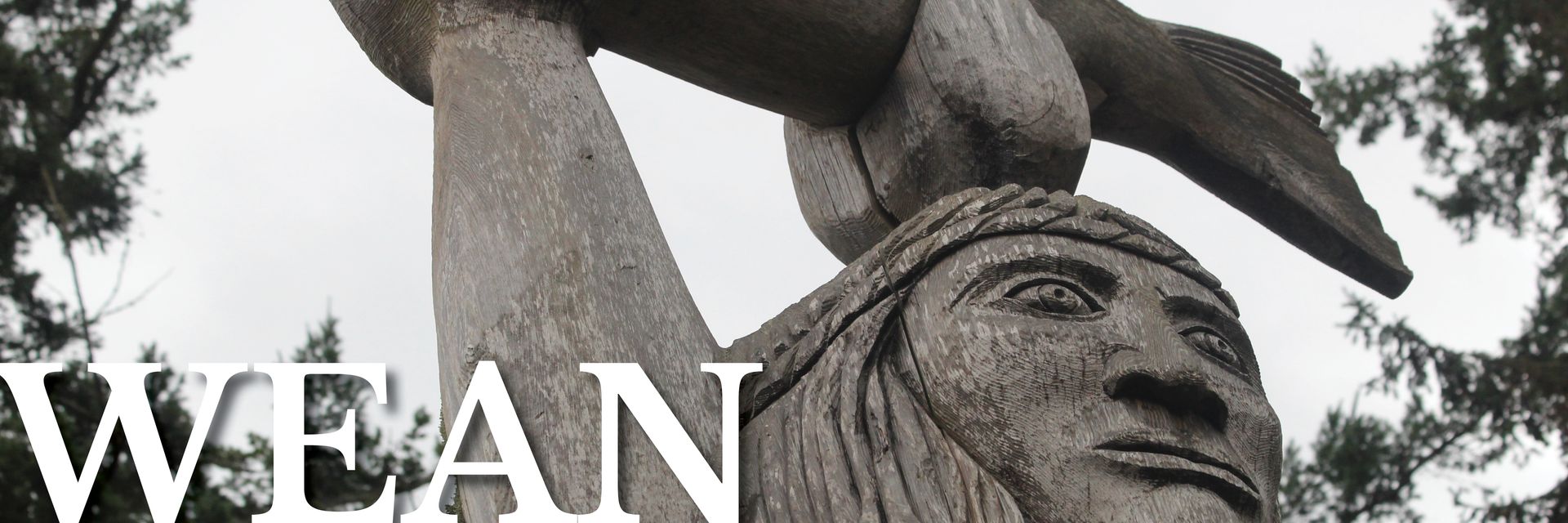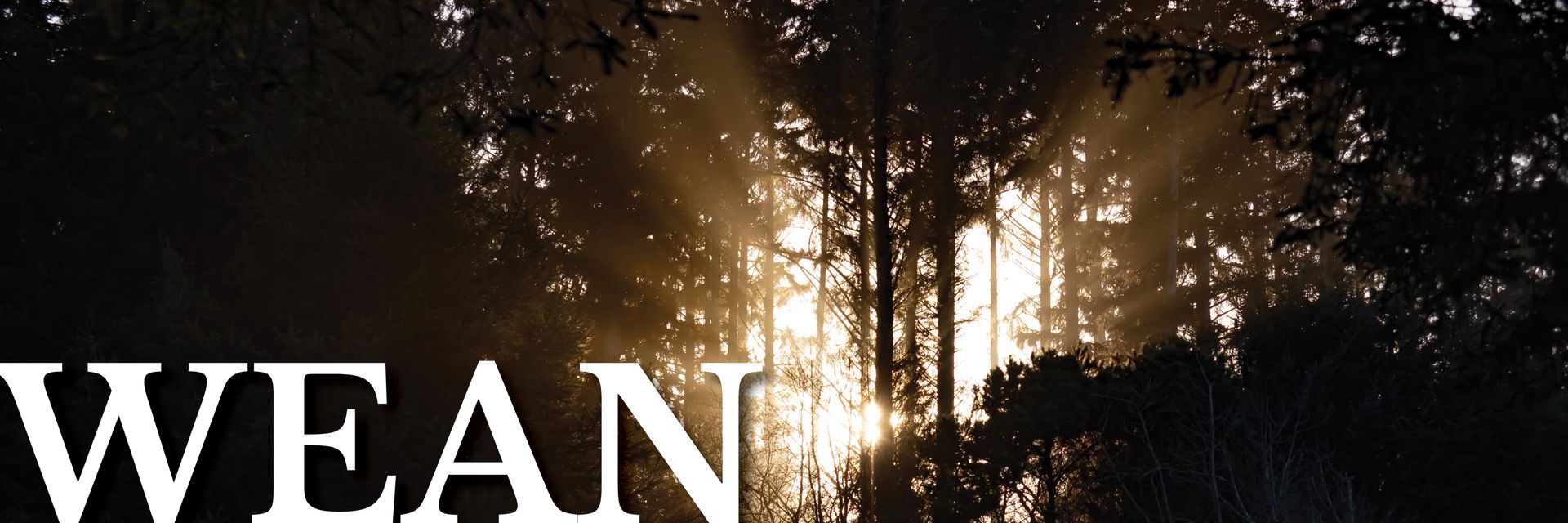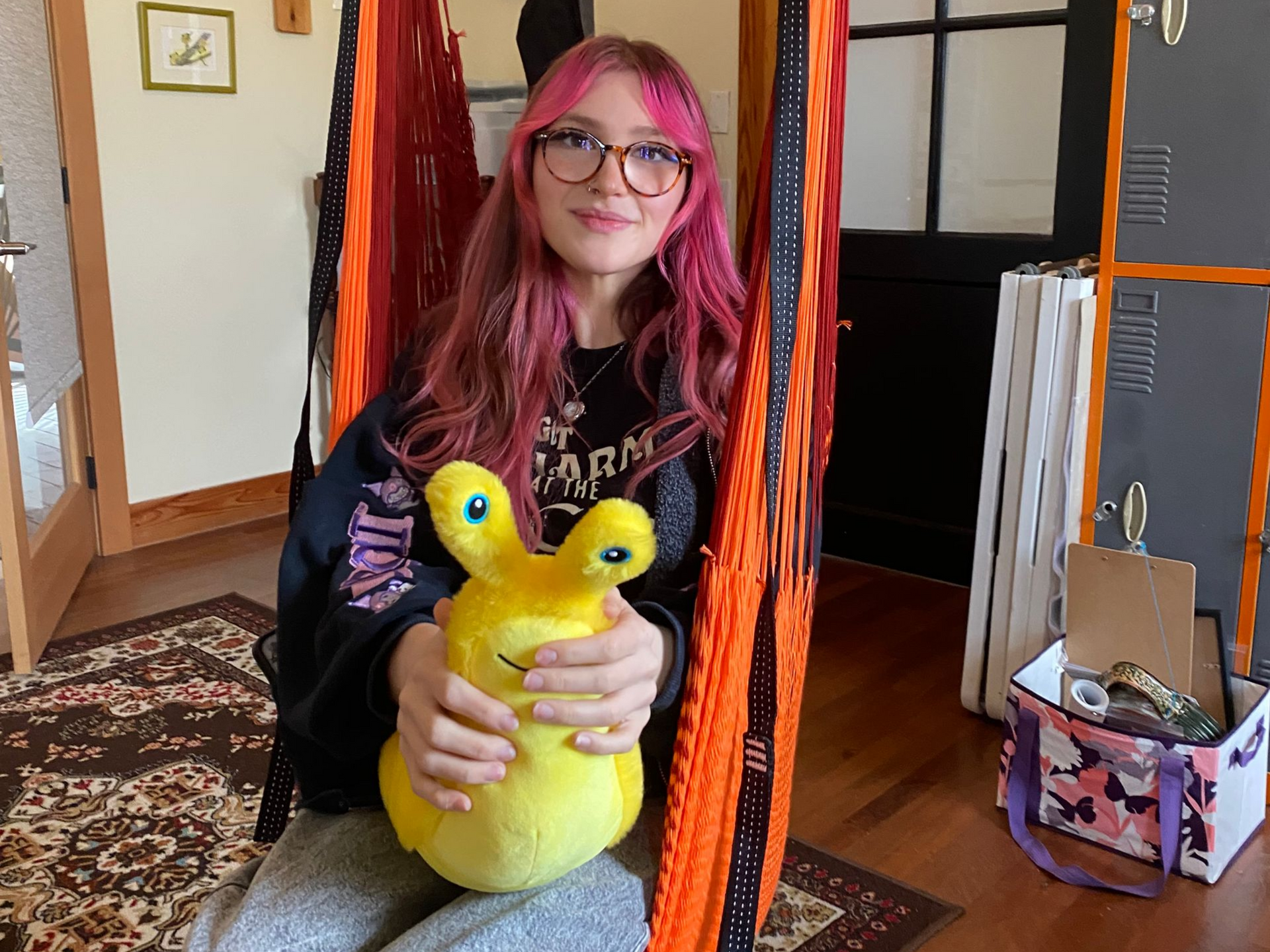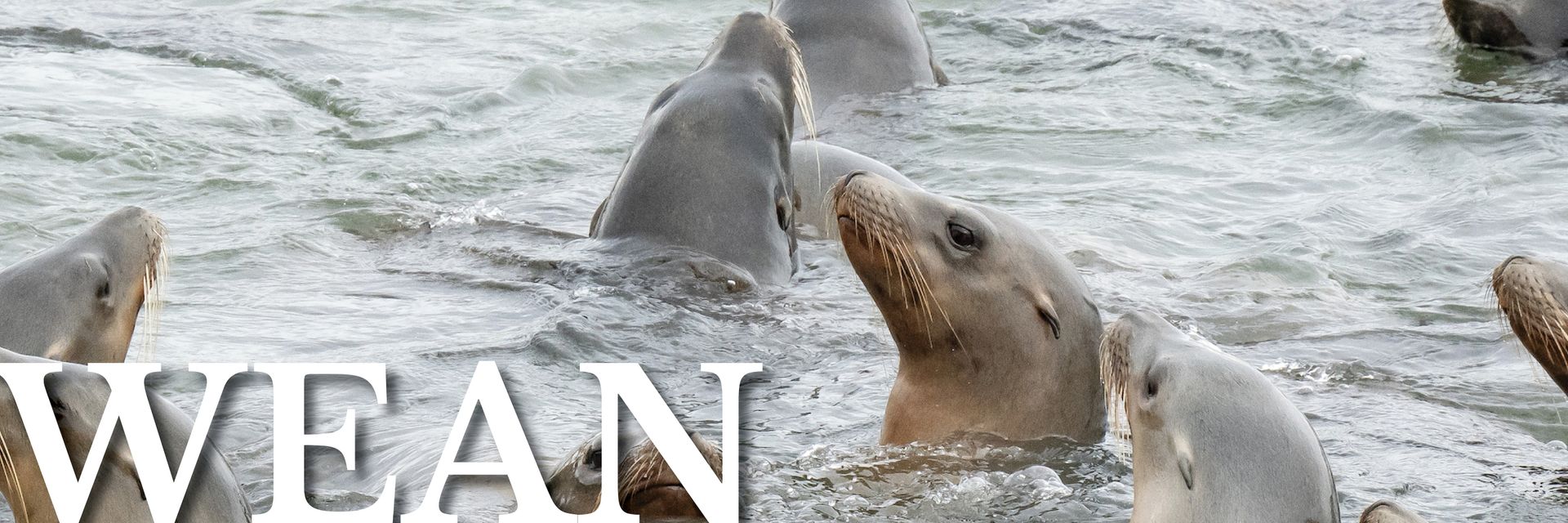Mr. Toad's Wild Ride

It all started, in 1990, with the Growth Management Act (GMA). That required counties, among other things, to protect critical areas, defined as: wetlands, geologically hazardous areas, frequently flooded areas, critical aquifer recharge areas, and fish & wildlife habitat conservation areas.
GMA also set timelines for “review and update” of the critical area protections. The first Critical Area review and update was supposed to be finished in 2005. Since this is a time consuming process, it would have been reasonable to begin before 2005. Didn’t happen. Nor did it happen in 2006, 7, 8, etc.
By 2013, we were getting just a tad impatient, so we filed a Petition for Review with the Growth Management Hearings Board (GMHB). The Board ordered Island County to get on it, and gave them a deadline. Eventually, the county produced something – very unsatisfactory. Back and forth we went, with the GMHB ruling on separate pieces of the county’s Critical Areas ordinance update, until by 2017 we were down to 2 final issues: protection of rare and endangered plant species and their habitat, and protection of the Western Toad.
Western Toad occurs only in the western US and Canada. Unlike most amphibians it spends most of its life cycle away from the wetlands where it breeds and is known to disperse into uplands as far as 6 miles away. In most of the US states where it occurs it is ranked as being at risk. It is a "species of greatest conservation need" in Washington and a candidate for listing as threatened or endangered by the Washington Dept. of Fish and Wildlife. Most known populations in the Puget lowlands have disappeared in the last 40 years. There are only six known occurrences historically reported from Whidbey Island, with only three currently known to exist.
Island County came up with a bunch of unworkable and arbitrary rules for, basically, how not to protect the toads. The underlying claim was that since they didn’t know what the toads need, they could just ignore them. We argued that at the very least you need to look for toads, and if you find them, protect the areas they are known to inhabit (duh). The county insisted on protecting only their breeding habitat, which is wetlands, since those were already protected anyway, ignoring the upland habitat where they spend most of their time, and that only populations known to exist when the regulations are adopted should be protected, not any newly discovered populations. And the Planning director could waive even the requirement for a biological assessment to find out what the impacts would be if the development would have only undefined "minor" impacts.
After a number of rounds the GMHB got tired of it all and ruled in favor of Island County. In the process the two issues – rare plants and toads - got separated. We appealed to Thurston County Superior Court, which ruled against us. So we took both cases to the State Court of Appeals – two separate divisions. We won some and lost some on the rare plants case, and after interminable delays Island County amended its code to reflect the court’s ruling.
A separate court of appeals heard the Toads case. The ruling turned out to be a major victory. It set limits on the discretion of the Planning director. It required that all populations, whenever and wherever they were found, be protected. It ruled that lack of information - in this case on the Toad's specific habitat requirements - required the county to pay more, not less, attention to protection. Best of all, it published the decision. That means it sets statewide precedent. We’re already seeing the decision being cited in critical area appeal decisions elsewhere.
In late 2021 Island County and WEAN reached a negotiated settlement on the revised code language to protect rare plant species and their habitat, and to protect the Western Toad. At the final hearing the GMHB Presiding officer complimented both parties for reaching a positive and amicable solution. And it only took 15 years, over 1000 hours of our own legal work, and more than $50,000 in attorneys’ fees.
We think its been worth it.

